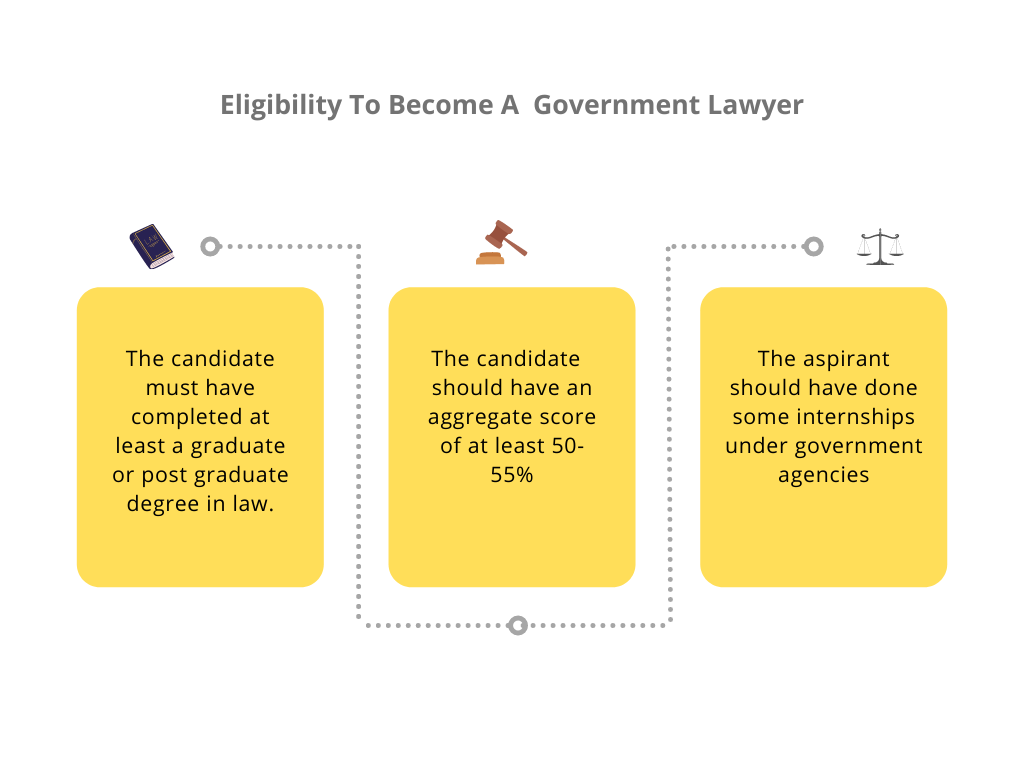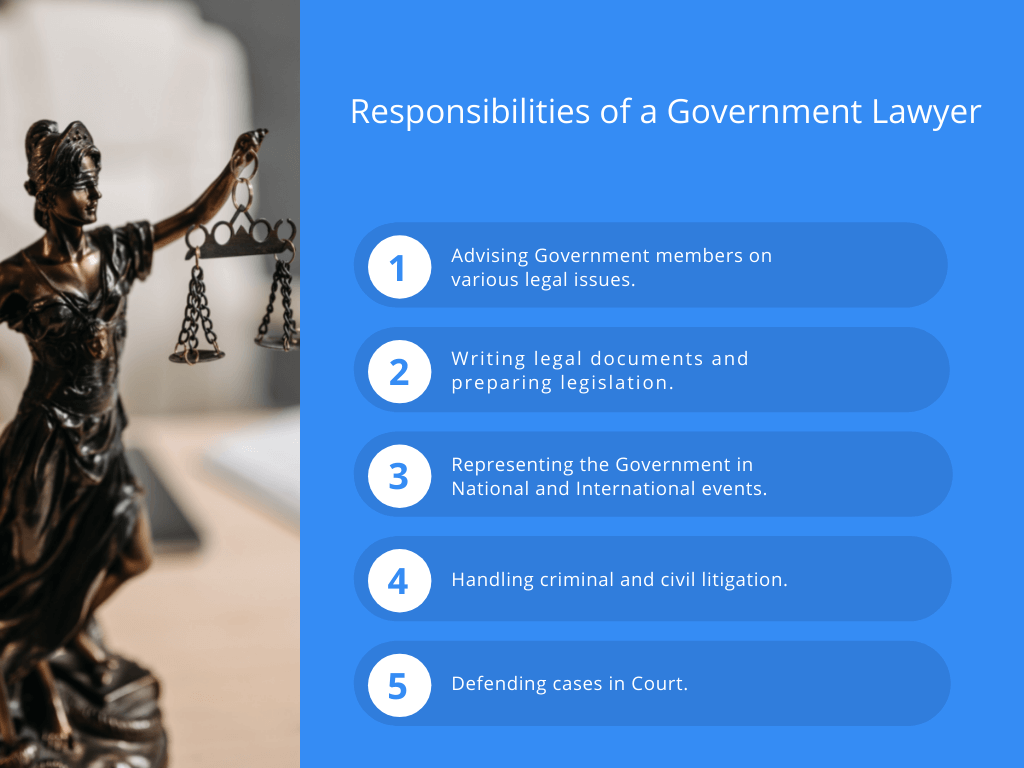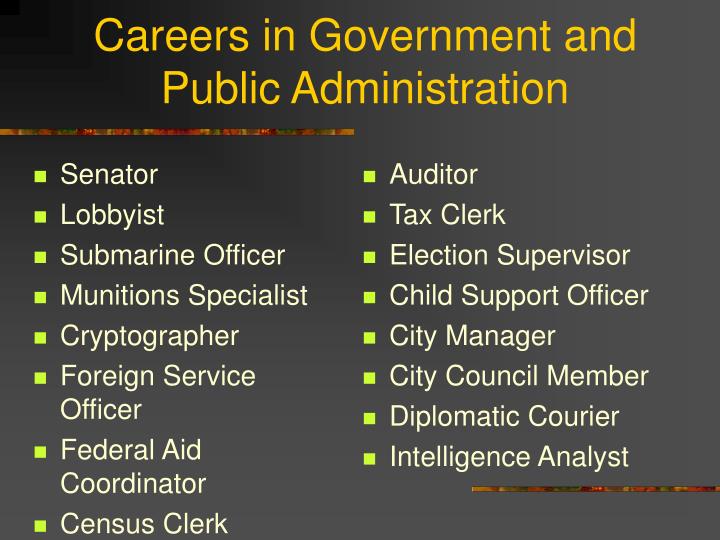A Guide to Government Lawyer Careers: Navigating the World of Public Service

Government lawyers, also known as public lawyers, play a crucial role in upholding the law and ensuring the effective functioning of government at all levels. They serve as legal advisors, advocates, and defenders, working in diverse areas such as constitutional law, environmental protection, national security, and intellectual property.
This comprehensive guide delves into the multifaceted world of government law careers, exploring the responsibilities, qualifications, challenges, and rewards associated with this unique and impactful profession.
Defining the Role of a Government Lawyer
A government lawyer is an attorney employed by a government agency at any level—local, state, or federal. Their primary responsibility is to provide legal advice and representation to their respective agencies, ensuring compliance with laws and regulations. Government lawyers also play a vital role in:
- Drafting and reviewing legislation: They assist lawmakers in crafting clear, legally sound laws and regulations that reflect the government’s policy goals.
- Litigating cases on behalf of the government: They represent government agencies in civil and criminal litigation, defending the government’s interests and upholding its legal rights.
- Advising government officials on legal matters: They provide guidance to public officials on a wide range of legal issues, from contracts and employment to ethics and constitutional concerns.
- Conducting legal research and analysis: They investigate legal precedents, statutes, and regulatory frameworks to inform agency decisions and legal strategies.
- Negotiating settlements and agreements: They represent the government’s interests in negotiations with private parties, other government agencies, and international organizations.

The Different Pathways to Becoming a Government Lawyer
Aspiring government lawyers can pursue various career paths, depending on their interests, skills, and long-term goals. Some common pathways include:
- Direct Entry through Government Agencies: Many government agencies, such as the Department of Justice, the Environmental Protection Agency, and the Department of Homeland Security, offer entry-level attorney positions through competitive hiring processes.
- Clerkships with Federal Judges: Gaining experience as a law clerk for a federal judge provides valuable insights into the legal system and can lead to future employment opportunities in government.
- Public Interest Law Fellowships: This option allows law graduates to work for non-profit organizations that focus on public policy issues, gaining practical experience in areas related to government law.
- Military Service: Lawyers can serve in the military, often working on matters related to national security, military justice, and international law.

Essential Qualifications for Government Lawyers

To be successful as a government lawyer, candidates typically require the following qualifications:
-
Juris Doctor (J.D.) Degree: A law degree from an accredited law school is essential.
-
Passing the Bar Exam: It’s mandatory to pass the bar exam in the state or jurisdiction where you intend to practice law.
-
Strong Academic Record: Government agencies often seek candidates with excellent grades and a demonstrated commitment to legal scholarship.
-
Excellent Communication and Writing Skills: Government lawyers must possess strong written and oral communication skills to effectively convey complex legal concepts to clients, judges, and the public.
-
Analytical and Problem-Solving Abilities: The ability to analyze legal issues, identify potential solutions, and develop sound legal arguments is crucial.
-
Integrity and Ethical Conduct: Government lawyers are held to the highest ethical standards, upholding the rule of law and maintaining public trust.
The Challenges and Rewards of a Government Lawyer Career
A career in government law presents unique challenges and rewards:
Challenges:
-
High Workload and Demands: Government lawyers often face demanding workloads and tight deadlines, requiring strong organizational skills and the ability to manage multiple cases simultaneously.
-
Bureaucracy and Red Tape: Navigating the complexities of government bureaucracy can be time-consuming and frustrating at times.
-
Limited Resources: Governmemt agencies often have limited budgets and staff, which can impact the resources available to support legal work.
-
Political Influences: Government legal positions can be subject to political pressures, requiring lawyers to navigate sensitive issues and maintain impartiality.
Rewards:
- Public Service and Impact: Government lawyers have the opportunity to make a tangible difference in people’s lives by upholding the law, protecting rights, and serving the public interest.
- Intellectual Stimulation: The work is intellectually challenging, involving complex legal issues and diverse areas of law.
- Job Security: Government jobs typically offer greater job security than private sector positions.
- Competitive Salaries and Benefits: While not always as high as private sector salaries, government lawyers typically receive competitive compensation and benefits packages, including health insurance, retirement plans, and paid leave.
Career Advancement Opportunities for Government Lawyers
Government lawyers have several opportunities for career advancement:
- Specialization: They can choose to focus on a specific area of law, such as environmental law, intellectual property law, or criminal law, becoming experts in their chosen field.
- Management Positions: Experienced lawyers can move into management roles, overseeing legal teams and managing agency budgets.
- Policy Development: Lawyers can contribute to the development of government policy by working with legislators and policymakers to shape new laws and regulations.
-
Academic Careers: Some government lawyers pursue academic careers, teaching law at universities or conducting legal research.
Conclusion:
A career as a government lawyer offers individuals a unique opportunity to serve the public, contribute to the administration of justice, and make a real difference in society. While the path may be challenging, the rewards of public service, intellectual stimulation, and job security make it a compelling career choice for those passionate about law and committed to making a positive impact on the world.
